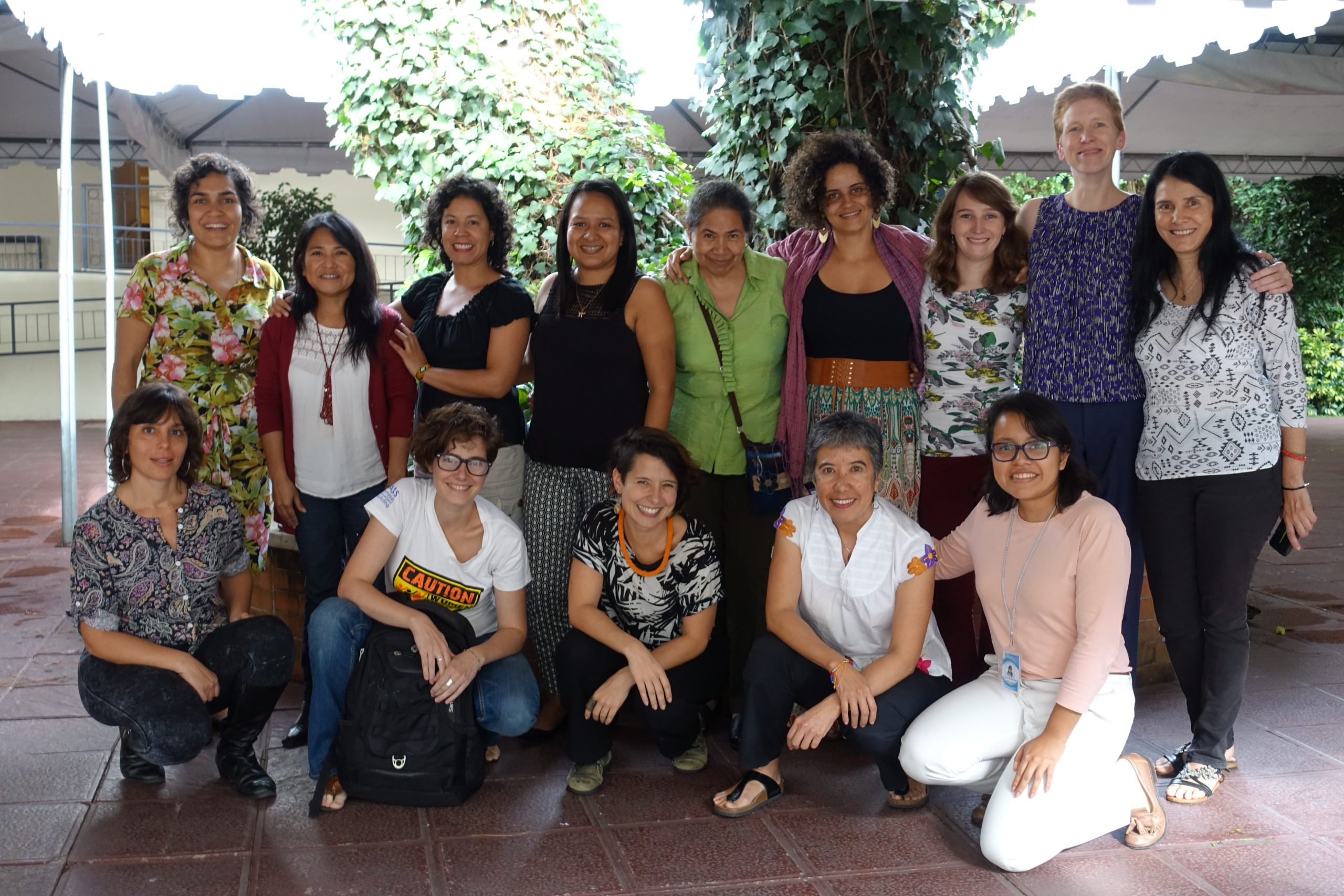
Latin America | Laws for the protection of human rights defenders must be implemented
Latin America is home to some of the world’s most indispensable and vulnerable human rights defenders. In a context where human rights abuses are common, ISHR hosted a consultation to collect insights from defenders in the region about the creation and implementation of national laws for their protection.
On 24-25 August 2017, ISHR hosted a regional consultation in Guatemala on legislative protection for human rights defenders. The consultation brought together 12 defenders from Brazil, Colombia, El Salvador, Guatemala, Mexico and Peru.
Reflecting one of the distinctive patterns in Latin American human rights work, the attendees were primarily women.
The defenders began the conference with descriptions of the dangers and obstacles they faced in conducting their human rights work, highlighting the need for legislative advances to protect them.
The consultation included discussion on the Model Law for the Recognition and Protection of Human Rights Defenders, which has been used by civil society to advocate for legislative reform in a number of countries in other regions, including the Philippines, Mongolia, Sierra Leone and Mali. Defenders from El Salvador, Guatemala and Peru stressed that the Model Law had proven especially useful in grounding discussions of human rights defender legislation in their countries.
‘The Model Law was developed with input from over 500 human rights defenders,’ said ISHR’s Tess McEvoy, ‘It is designed to provide an acceptable standard for the development of policy and legislation seeking to protect human rights defenders.’
The attendees discussed elements they consider vital to any national law that effectively protects them. Key insights included the need to focus on women human rights defenders and the importance of establishing protections for entire communities in addition to specific individuals. This is particularly relevant in the case of defenders protecting land rights.
The consultation provided an opportunity for the defenders to collaborate and share best practices and real-world experience. In the words of one Colombian defender, ‘The good thing is to be able to think in terms of concrete plans. One thing that we’ve learnt from our ancestors, from our indigenous ancestors, is the importance of creating spaces to meet, for self-care, to exchange.’
Others took the meeting as a chance to express solidarity. A Guatemalan representative said that the issues they discussed were ‘very frustrating at times because of the situations, but it gives us much more energy knowing that we are not alone in this struggle. We are sisters in the struggle.’
While the results of the conference were encouraging, ISHR stresses that there is still work to be done in the region. ‘Abuses against defenders continue with disturbing regularity, it is imperative that for laws to actually protecting defenders they must be adequately resourced and effectively implemented,’ added McEvoy.
Contact: Tess McEvoy, [email protected] and Eleanor Openshaw, [email protected].
Photo: ISHR.
